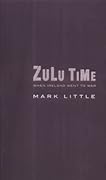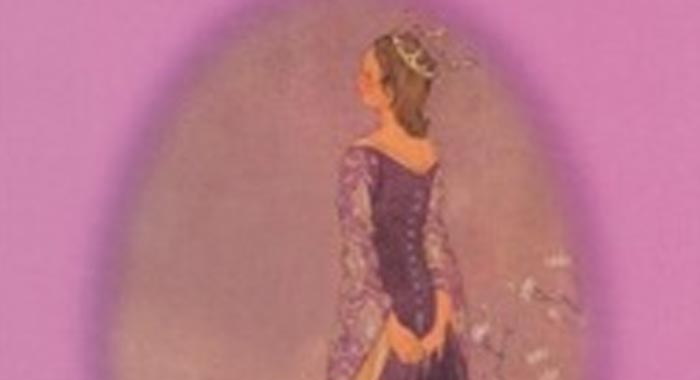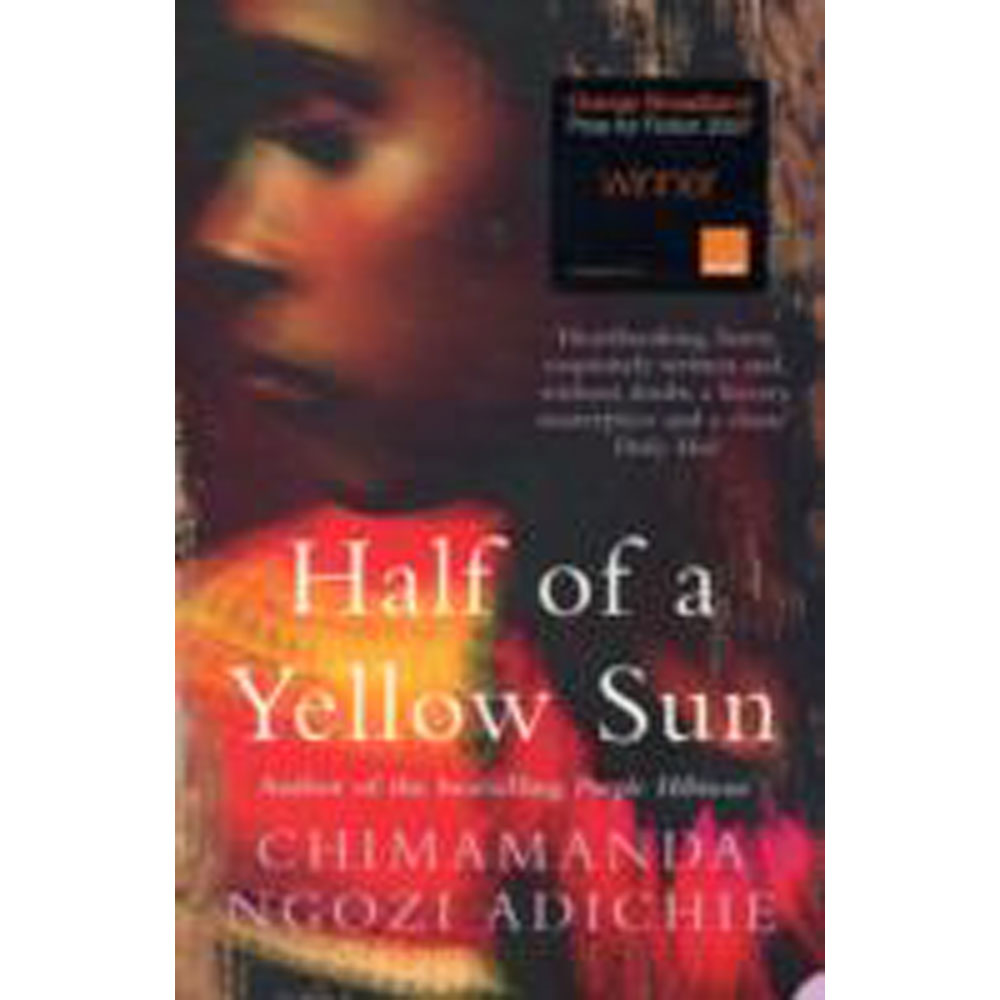ISBN: 1904301525
 Mark Little is RTE’s foreign affairs correspondent (although you’d be hard pressed to find that out on the RTE website, it has an absolutely terrible layout), before that he was RTE’s first Washington Correspondent (1995-2001). This is is second book, the first Turn Left At Greenland was published in June 2002 and reached number one on the Irish Non-Fiction Bestsellers list. This book deals with Little’s experience’s during the second Iraq conflict. (Which reminds me, how exactly are we supposed to refer to this. Is it a war? A conflict? A liberation? All these terms seem to imply another meaning. But that is beside the point).
Mark Little is RTE’s foreign affairs correspondent (although you’d be hard pressed to find that out on the RTE website, it has an absolutely terrible layout), before that he was RTE’s first Washington Correspondent (1995-2001). This is is second book, the first Turn Left At Greenland was published in June 2002 and reached number one on the Irish Non-Fiction Bestsellers list. This book deals with Little’s experience’s during the second Iraq conflict. (Which reminds me, how exactly are we supposed to refer to this. Is it a war? A conflict? A liberation? All these terms seem to imply another meaning. But that is beside the point).
Much of this book is taken up with Ireland’s views on America and the world at large. And Little doesn’t want to take sides, neither with anti-war protesters, nor with those who argued for the war. In the course of this book he examines the way public opinion in Ireland has shifted from the bad old days of the 80’s. We are now a confident, prosperous nation, not afraid to be ourselves. Even when we don’t seem to know exactly who or what we are. He also examines our position in regard to the US, and looks at the rise of anti-Americanism in Ireland, and in Europe, pointing out that at the anti-war rallies there were chants of “Yankees go home” while the participants wore American brands.
He points out that many of our views of the US are incredibly short-sighted, one-sided caricatures that are only useful for simplifying the situation, and not for really understanding what is going on. Yet at the same time he applies that view to Ireland. While I read the book, it seemed to me that he was only describing two aspects of Ireland. The anti-war anti- US side, or the cocky self-assured new Irish. But there is a lot more than that to us, just as there is a lot more to the US than Michael Moore and George W Bush.
I marched against the war, I do have certain anti-US values, but at the same time I admire America. I don’t like Bush, but at the same time I think that a lot of what Moore says is very black and white. The war in Iraq was wrong, the situation there at the moment is wrong, and yet what are the options that remain now? If the US and Britain pulled out now what would be the result? And if Iraq collapsed even further into anarchy and violence wouldn’t those calling for the pull out of troops blame the US? You can’t change the past, especially when it was wrong.
Back to the book I suppose:
It is well written, with some nice little touches. A very interesting read, full of wonderful little stories, but in the end by not choosing a side the book is slightly lessoned in impact. Then again I suppose that is part of what this book is about; black and white issues are easy to argue, they allow us to be certain of what is right and correct, but real life is never that simple, never that clear-cut. There are always shades of grey, and no one really knows what the truth is.
Iraq is among the most heavily mined countries in the world. The international consensus is that between eight and twelve million mines have been laid in the front-line areas of the country, and it will take between thirty-five and seventy-five years to clear them.
“In time of war, there are those who die, those who kill and those who allow it all to happen, either by supplying weapons or by maintaining silence. Too often we are the silent partners to slaughter.” (pg 184)
“If there was something distinctly Irish in this view, it was faith in the underdog. Even before the war, our prevailing world-view had factored in George Bush as the bully and the Arab world -specifically Iraq- as the struggling victim.” (pg 212)
“Ireland is the secenth most oil-dependent economy in the world.” (pg 219)
“A study by Joeseph Quinlan of John Hopkins University found that by 2001 Ireland had become the ninth largest source of foreign direct investment in the United States, with Irish firms sinking €16 billion into American ventures, four times the level it was in 1996… Irish investment in the US is responsible for almost as many jobs as the US investment in Ireland.” (pg 227)
“When I [Little] ask my friends from the US what they dislike most about Ireland, they often say it is the Irish obsession with irony. At it’s best, irony is a way of keeping our feet on the ground, but it is also used to separate the insiders from the outsiders. There is nothing more isolating than a stranger who beings a sentence with a knowing smile and the phrase, ‘Yeah, right…’
… For outsides, the effect of prolonged exposure to double meaning is often paranoia and exhaustion. ‘Here you have to be clever’ another resident foreigner told me. ‘”If you’re happy you’re not clever. You’re a dickhead if you get sheer unadulterated happiness from things'” (pg 247)
“You have a choice… You can turn off the channel or change the newspaper… When you find a media outlet that does not insult your intelligence but does challenge your preconceptions, reward it with your business. The message will eventually get through, if not to the panderer, then to the panderer’s competitor.” (pg 284)





Recent Comments